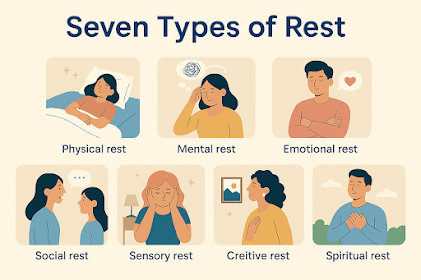Cortisol, Oxytocin, and the Neuroplasticity of Joy: Rewiring the Brain for Safety and Connection
Introduction: The Seesaw Inside the Brain Imagine a seesaw in your mind. On one side sits cortisol —your body’s chief stress hormone—poised to spring into action whenever danger lurks. On the other side is oxytocin —the chemical of love, trust, and connection—ready to help you relax, bond, and feel joy. Here’s the fascinating truth: the brain cannot run both these systems at full strength at the same time. When cortisol rises, oxytocin falls. When oxytocin takes the lead, cortisol steps back. This is not simply psychology—it’s biochemistry. And it explains why people under constant stress often struggle to feel joy, intimacy, or creativity. It also offers hope: by intentionally activating oxytocin through safe, connected experiences, we can rewire the brain toward balance and resilience. Cortisol – The Brain’s Survival Specialist Cortisol is often painted as the villain in stress stories, but in reality, it is a master survivalist. Secreted by the adrenal glands via the hyp...







